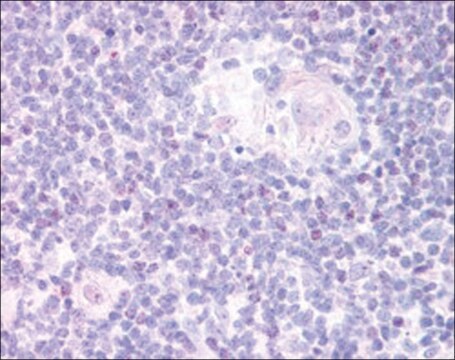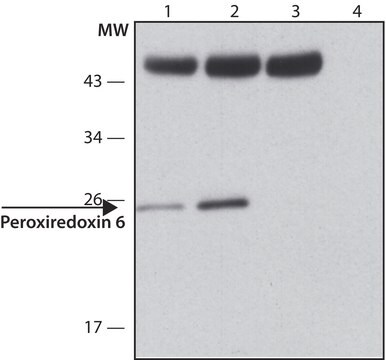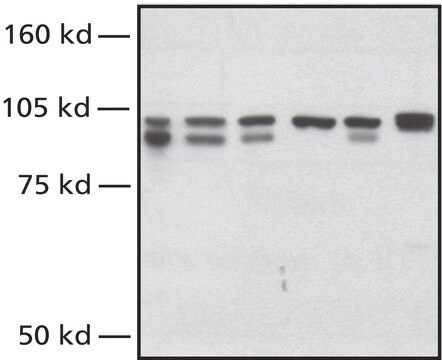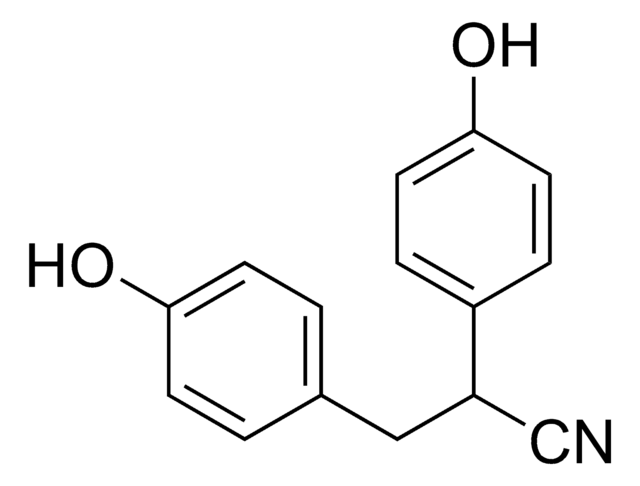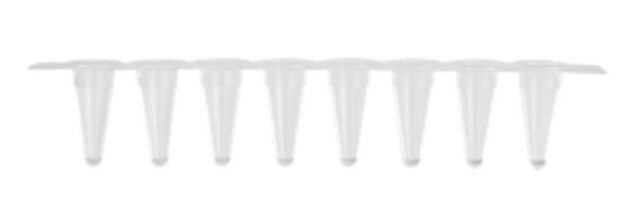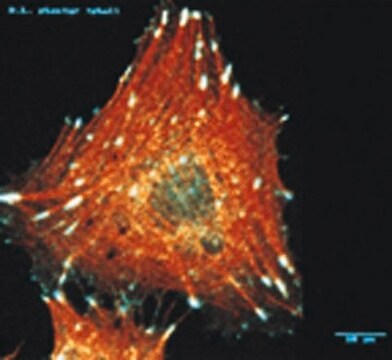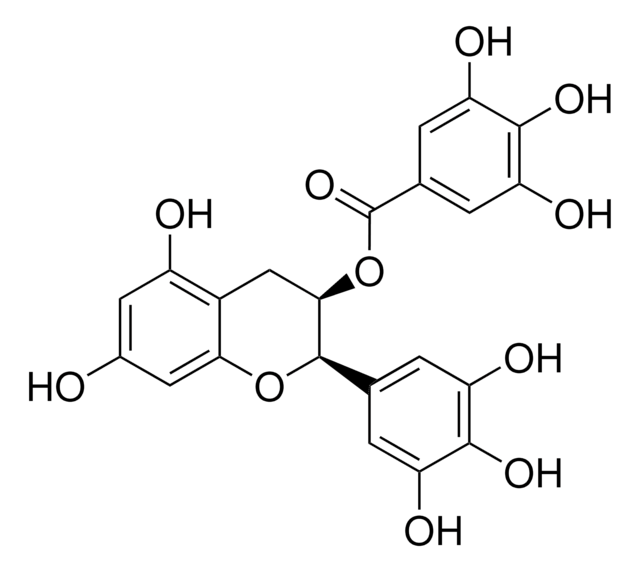H3791
Anti-HOXA3 antibody produced in rabbit
~1.0 mL/mL, affinity isolated antibody
Synonym(s):
Anti-HOX1, Anti-HOX1E, Anti-Homeobox A3, Anti-MGC10155
About This Item
Recommended Products
biological source
rabbit
Quality Level
conjugate
unconjugated
antibody form
affinity isolated antibody
antibody product type
primary antibodies
clone
polyclonal
form
buffered aqueous solution
mol wt
antigen ~60 kDa
species reactivity
human, mouse
packaging
antibody small pack of 25 μL
concentration
~1.0 mL/mL
technique(s)
immunoprecipitation (IP): 5-10 μg using lysates of HEK-293T cells expressing human HOXA3
indirect immunofluorescence: 2-5 μg/mL using paraformaldehyde fixed HEK-293T cells over expressing human HOXA3
western blot: 2-4 μg/mL using lysates of HEK-293T cells over expressing human HOXA3
UniProt accession no.
shipped in
dry ice
storage temp.
−20°C
target post-translational modification
unmodified
Gene Information
human ... HOXA3(3200)
mouse ... Hoxa3(15400)
Looking for similar products? Visit Product Comparison Guide
General description
Specificity
Application
- proximity ligation assay
- immunoblotting
- immunoprecipitation
- immunofluorescence
Biochem/physiol Actions
Physical form
Storage and Stability
Disclaimer
Not finding the right product?
Try our Product Selector Tool.
Storage Class Code
12 - Non Combustible Liquids
WGK
nwg
Flash Point(F)
Not applicable
Flash Point(C)
Not applicable
Certificates of Analysis (COA)
Search for Certificates of Analysis (COA) by entering the products Lot/Batch Number. Lot and Batch Numbers can be found on a product’s label following the words ‘Lot’ or ‘Batch’.
Already Own This Product?
Find documentation for the products that you have recently purchased in the Document Library.
Our team of scientists has experience in all areas of research including Life Science, Material Science, Chemical Synthesis, Chromatography, Analytical and many others.
Contact Technical Service